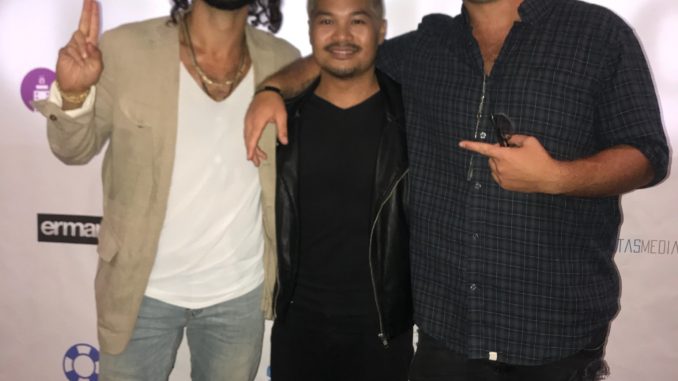
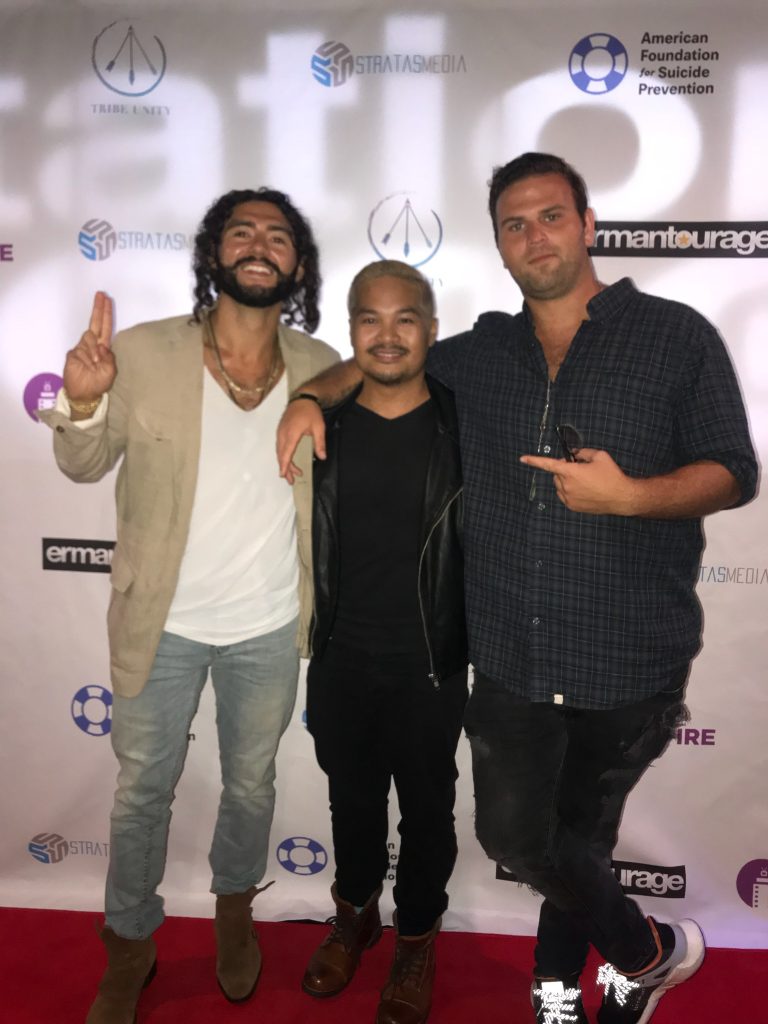
Station Club at 1640 N. Cahuenga was the site of Erman Baradi and Ermantourage ’s 7th Edition of Hollywood Chills Networking Event to benefit the American Foundation for Suicide Prevention.
The 100 seats were quickly filled by those eager for the words of wisdom from the various panels and speakers.
Terri Douglas, ADR voice-casting director, has an ear that allows her to perfectly match voices, casting actors that serve as a time-saving component to movie-making. Most recently, she cast the perfect “walla” group to wocka wocka in The Muppets. Having been in the industry since 1995 has done both voice over casting and looping for TV and film. Many people think they can do voices, but few have the range and specifics really needed.
As a voice-casting producer and manager of the Loop Troop, her own loop group, Douglas is often called upon to find voice matches for famous actors or characters as well as find a group of actors who will fill in a scene as background say at a restaurant or an airport. These are parts that the average viewer never thinks about. She does this for animated films, too, as well as video games and television commercials. In technical terms, what she does is called Additional Dialogue Recording, or ADR voice casting.
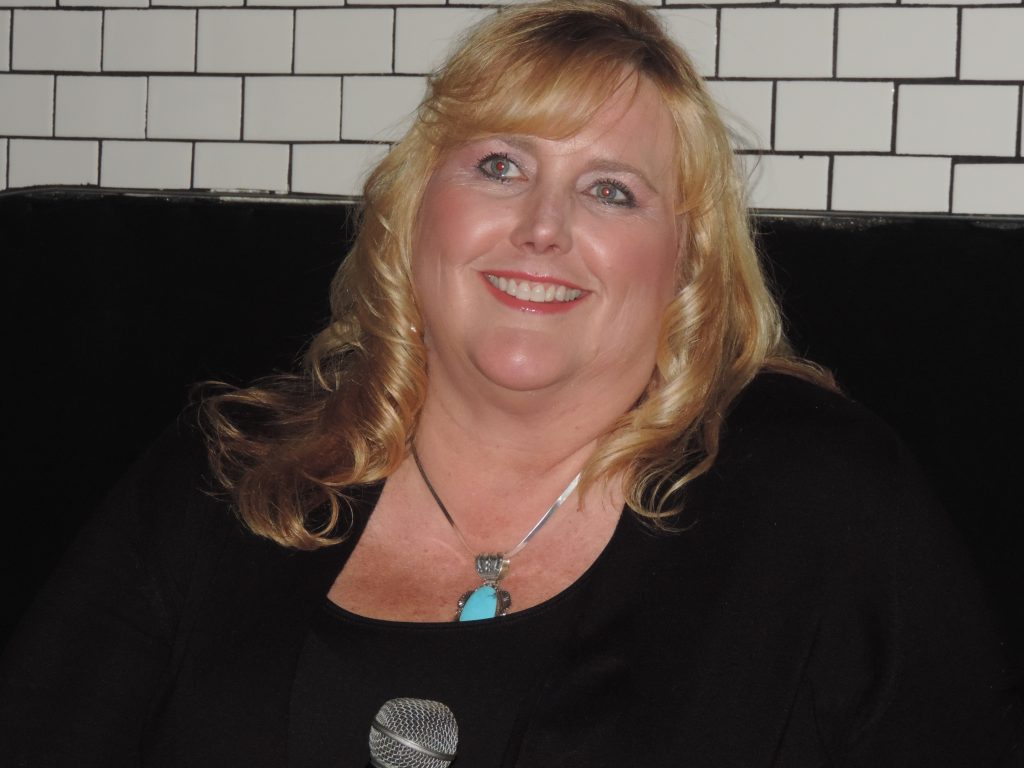
She has done many films and shows, both in the US and in Canada, which includes such titles as Coco, Star Wars: The Last Jedi; Moana, Frozen, Star Wars: The Force Awakens; Maleficent, Doctor Strange; Trolls, Zootopia; Incredibles 2; Mad Max Fury Road; Wreck It Ralph and many others.
“Every movie and every show is different.” Can you sound street-wise, speak Ebonics, or speak foreign languages, or baby talk? She appreciates when actors have specific dialects and lingo for various professions since a surfer will speak differently than a scientist or a space explorer. Much of what she does is commercial animation. This is a very competitive, but high paying field.
To break in you need a good voice over demo, understand how to do easy commercial copy, as well as promo copy, animation copy, and a knowledge of the industry terms. Then develop your various voices. Have a good ear for pitch and tone. Most people do not understand the difference between Foley sounds, which are added in post, and the difference in sounds when the actor moves around the stage while doing different things with their voice. It’s also crucial that the actor know the age of the character they are playing and that attitude of the character. “You can’t just sound like someone, you have to act like them. If you are doing Bruce Willis, you have to be able to do a younger version of him as well as an older more mature version and maybe one in a high-pitched Jersey accent. “We’re not looking for an impression of that actor, we are looking for a natural tone of who that person might be in this situation and capturing their personality.”
She loves seeing people with good attitudes, who are willing to do the changes needed for a voice and prefers people in the union. In casting people, she doesn’t look at them, she merely listens to them. She urges those interested to take seminars on improv as well as study with reputable teachers a list of whom can be found in the voice over resource guide.
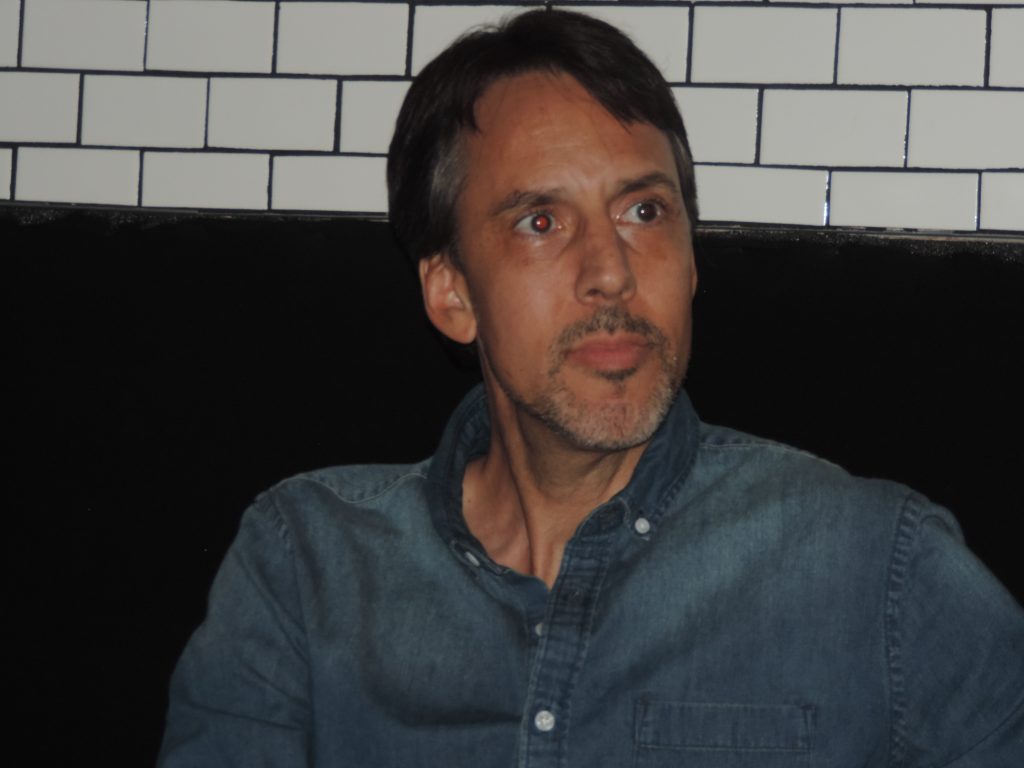
“Being a good voice over actor is all about having great acting skills and being able to improvise in the moment. When you are approaching a voice over casting agent you must be specific as to who you are, what voices you can do and what unique things you will bring to the stage.
Terri also manages voice actors, too, and on her site, she will have numerous questions for you.
Being on time is crucial because it’s her reputation as well for hiring you. She tells her actors not to drink coffee or smoke before auditions or work and no peppermints or breath spay as it weakens the vocal cords.
The next panel included Aimee Rivera, a creative executive from Skydance Media; Yahlin Chang, co-executive producer and writer for The Handmaid’s Tale as well as Shades of Blue and Supergirl; Rachel Burger of Rhode Island Avenue Productions behind This Is Us, and Jamie Paglia, co-executive producer of Scream: The Series, The Flash and one of my favorite shows, Eureka.
Ms. Rivera dabbled in several jobs including working as an assistant director for a while and worked at ABC Pictures before she became interested in development at The Firm until that company folded. Invited to become an exec for Amazon’s studio start up, she helped with acquisitions, she worked there for a while before Sony asked her to join them. Experienced now with both independent studio and commercial studio work, she was then wooed over to Skydance Media as a development exec. At Skydance they really like sci fi and fantasy, but the characters that the audience identifies with and the universal theme, the emotion that comes across to the viewers, is more important than the story beats.

They do not, she told those in attendance, accept anything unsolicited. “Everything has to come from an agent, manager or entertainment attorney.” She suggested for those that want to get their items looked at to join the various groups that teach you to pitch, etc., and give you access to execs like roadmapwriters or stage32. Other ways of breaking in she suggests are programs like the Black List, and fellowships as well as top contests that give you exposure like Page Awards, Big Break, Script-pipeline, etc.
An audience member asked about the various pitch fests around. “Pitch fests can help you improve your pitch and help you meet people, especially representatives. Many writers have success here but it’s crucial to perfect your work and your pitch. Producers now are finding it harder to find that needle in the hay stack they want to work with and there isn’t as much money out there as there used to be. So being paid for development is rarer.
Ms. Burger worked as an assistant for several networks before moving over to her present job and says that they look for things that are unusual and have not been seen on network TV. She gave the example of a musical medieval comedy. Hmm. They like things that are almost cable but still acceptable for network. Since their company is small they accept material only from agents. She was told by her boss to push hard for stories that she is passionate about.
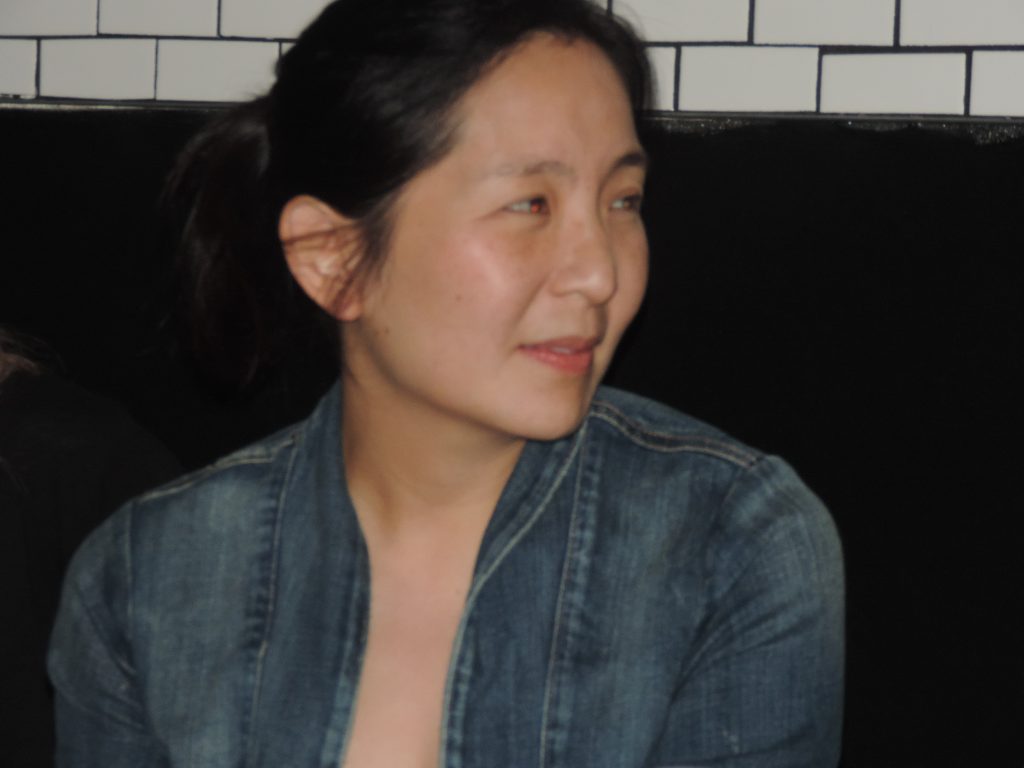
Ms. Chang had wanted worked for a magazine but wanted to be a TV writer. Once in the writer’s room, she found it was nothing what she imagined. She also held numerous positions at ABC and FOX and worked on Strong Medicine and Evidence as well as several other shows before she landed at Hulu. She told the audience that it takes perseverance and hard work as well as a willingness to adapt. “Be kind to the assistants,” she said. “They will be the next people to run the show.” She explained that “all scripts have a slew of writers and don’t get upset if someone else rewrites you. It’s the system. If you are the originator of the idea, you will get credit, but only if you stick with it and are willing to make changes needed to sell your work while fighting for what the story’s essence means to you. Why is it so important for you to tell this story?”
Mr. Paglia had been a frustrated writer working as an assistant at MGM before he sold Eureka, his first project, to Akiva Goldsman at New Line Cinema. He had to learn to become a showrunner before moving to The Flash and is now developing a new series. “You can do things today that were impossible in the past. Shoot your own short movie on your phone and post it on YouTube.” Regarding credits, he told those assembled, “Pitch was a feature originally not a show. The originator was listed as creator of the series not the showrunner.” He added “Be passionate about your story. Have a pitch packet ready.” TV, it turns out, requires more collaboration than features. “You’re never sure about your show until it actually airs and even then, it might not last the season.”
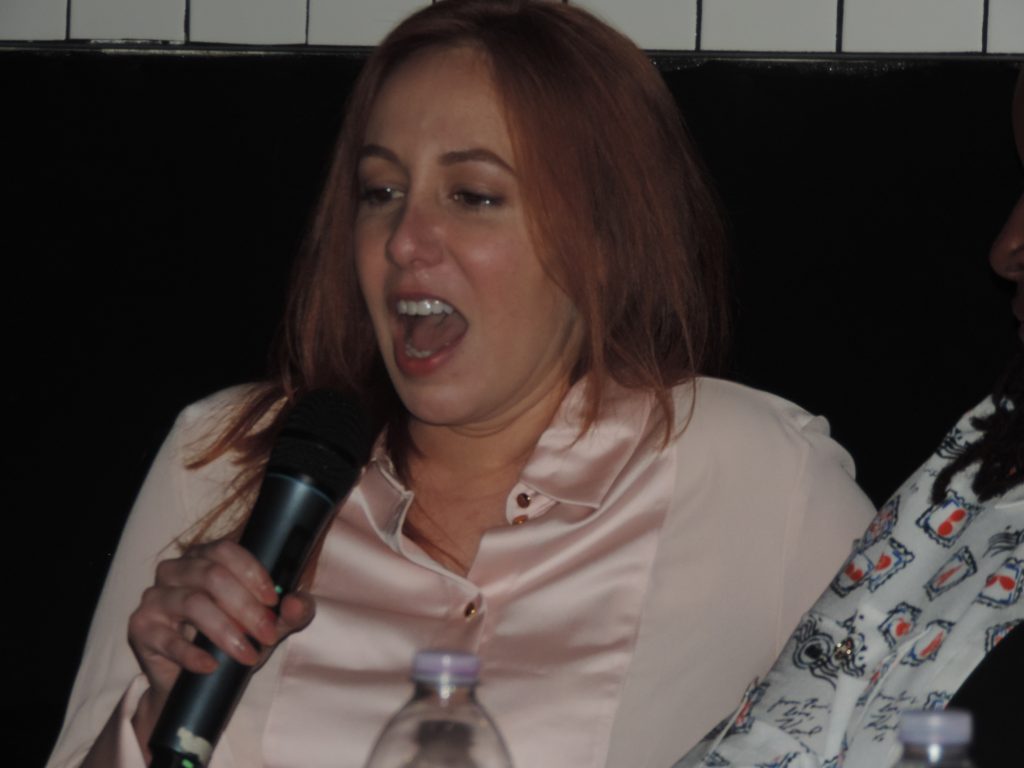
All agreed that it’s important to put yourself out there, despite your shyness, and network. Connect with as many people as you can. Anticipate 100 nos before you get one yes. Every accepted story has had at least one rejection. Understand the idea beneath the notes you are being given and understand the person giving you the notes. Mark Gordon was quoted as saying “If I 1:10 pitches I feel lucky. It’s very frustrating and very hard.”
The third panel included JaNeika James & JaSheika James, both writers on Empire; Kit Steinkellner, EP/creator and writer of Sorry For Your Loss, Z, The Beginning of Everything; Gisselle Legere, a writer on Quantico, and Jenniffer Gomez, writer of Vida.
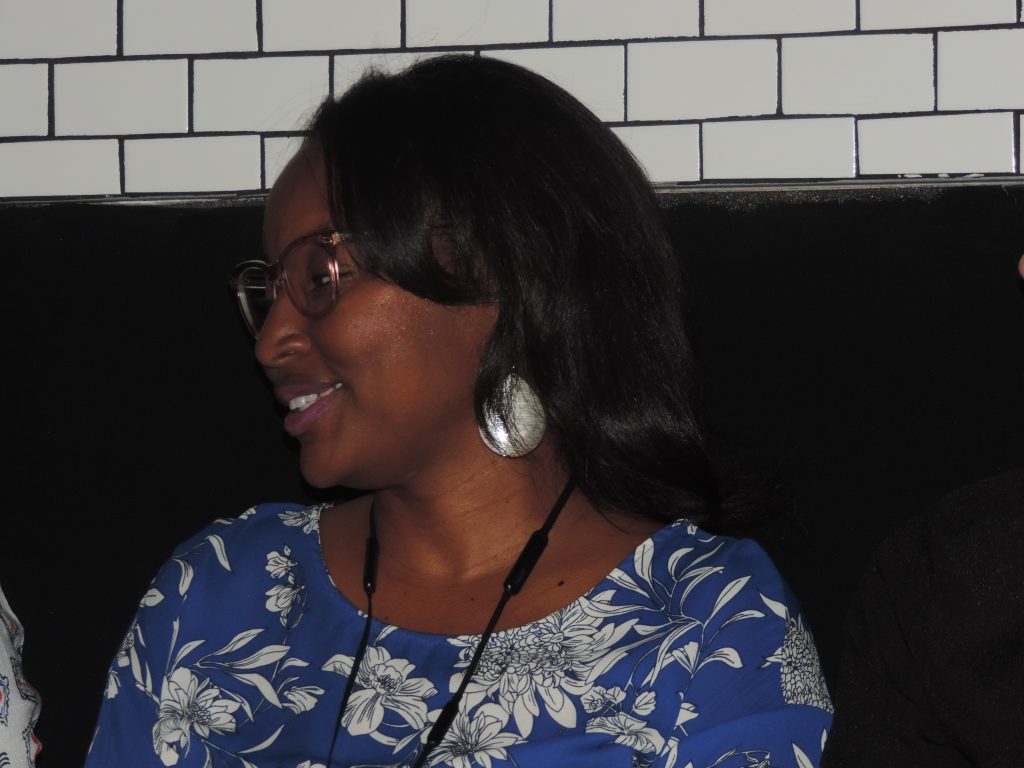
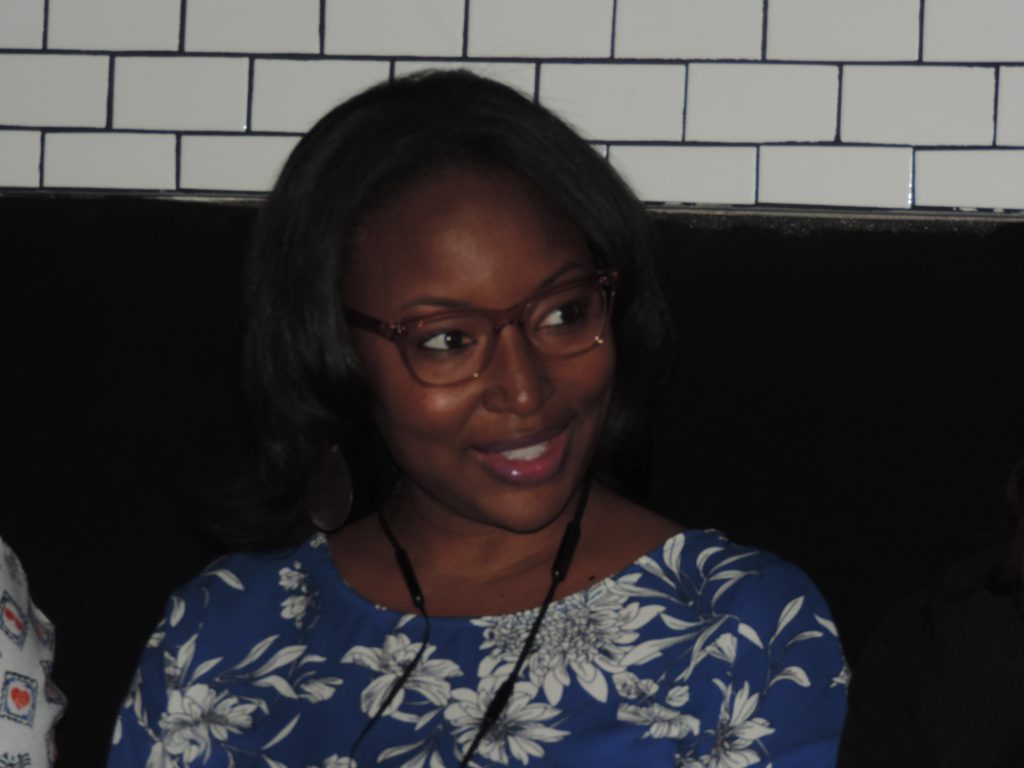
The James sisters had read JET magazine growing up and discovering the first female black showrunner now had her own show, they knew that they could do the same. Brainstorming as they popped popcorn the women shared their personal stories and allowed the characters to flow through them, challenging each other to understand the nuances of each character. “Common fears many writers have is being unable to trust their own voices. We often have a bias about what our characters are saying, and we find it works to put a twist on the events to make things different.” As showrunners, they are insanely busy. “Your best is enough.” They based Empire on music trends and universal experiences that people might have and dug deep to understand what defined them as well as what defined their characters.
In college, Ms. Steinkellner felt she wasn’t good at anything …until her sophomore year when she took a class in playwriting. It was an epiphany for her as she realized that she was indeed a writer, and this is what she wanted to do. “I knew who I was and who I had to be. I wrote my own pilot and six months later I was staffed on a show.” She told everyone that the “challenge of creating a show is not just being in the character’s head but writing about things that they, themselves, have actually experienced and being surprised when their character responds naturally, making it a whole experience. “Look at other shows. How do characters extract themselves from various situations? Try that but make it different.”
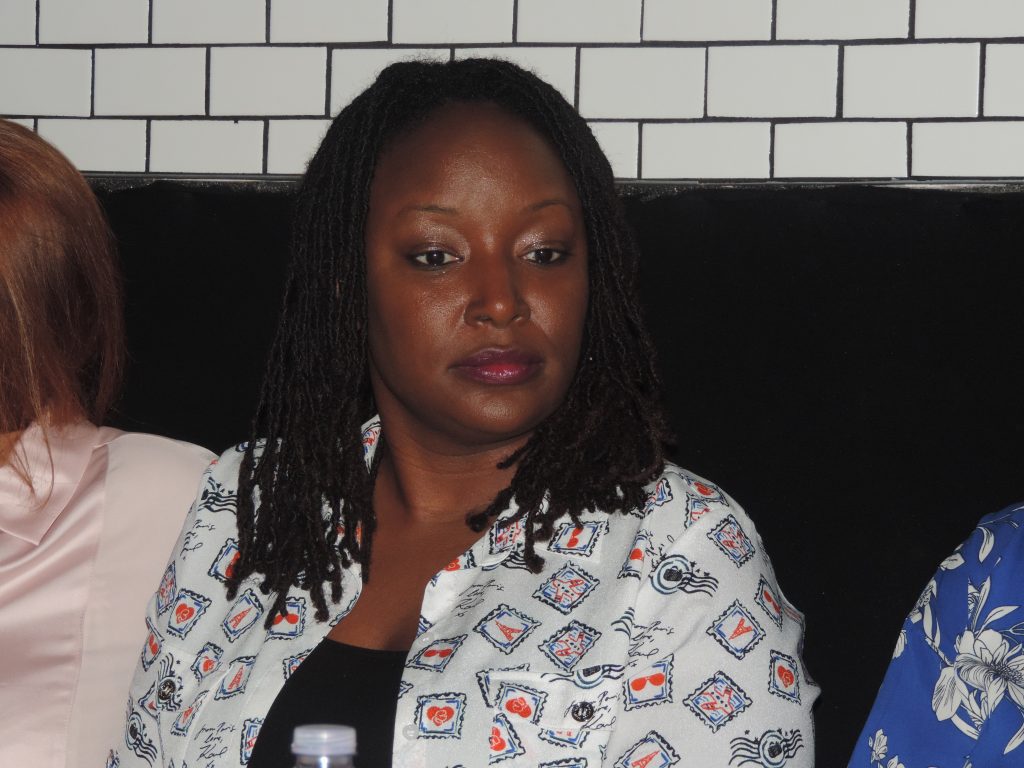
While Ms. Gomez knew she adored writing and was thrilled when she staffed on a show with a character that looked just like her, she found that it was crucial to write what you want. If you write what you think people want, it won’t come out the right way. “I live in a scene before I write it,” she told those listening. “You are hired to create personal meaningful things. Don’t be distracted by thinking you are not a writer because you have not sold yet.”
The panel stressed that there is a difference in writing for the audience and writing your passion. If you are on staff, you need to write for another’s voice and you are under stress because you have the confines of the network’s rules. It’s crucial to write on your own material, too. In the writer’s room your job is to speak and pitch ideas. That is what you are hired for. As a writer you must understand all the characters as well as what your showrunner/ network needs and what the story demands. Writer’s block does not…cannot…exist. The worse thing is the blank page. Write anything at first and then rewrite. It doesn’t have to be perfect, but you must turn in something. Use your own personal experiences and put twists on them.
If you are not selling than you must ask yourself, “Am I writing for the wrong reason?” Are you writing a rom-com because you think that is what is being bought now or what you agent wants you to do? You need to be committed to and madly in love with what you are writing. Whatever medium you are writing in you need to be literate in that. With over 480 shows on the air between all the cable and network stations, you probably can’t say that what you are writing hasn’t been done before since it probably has not once but many times before. Your job is to make it more unique.
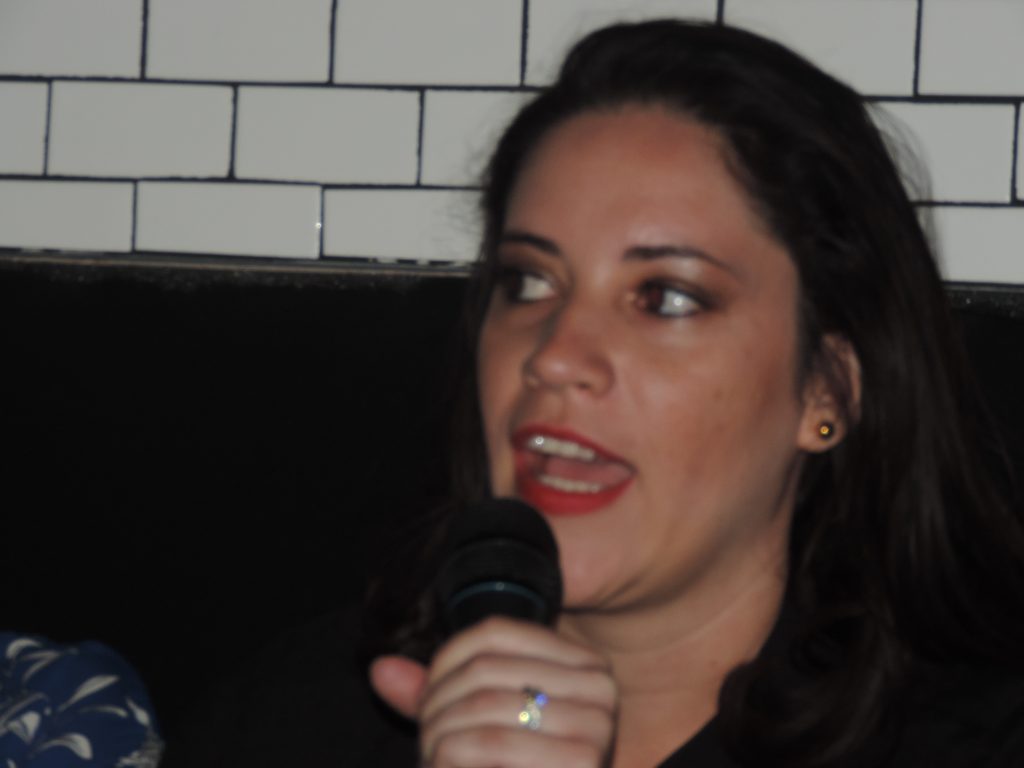
There’s no specific way to get into a writer’s room anymore, but there are several possible paths to take if someone wants it. There are beginning jobs out there. Yes, they are at minimum wage, but you can learn and progress from there. Become your boss’ Friday and let them know you want to help them anyway you can and learn from them. This will be remembered. Keep in touch with people – even people you think beneath your job qualifications – as you never know where you or they will end up.
Write what is personal. Write from your gut. Understand that some scripts will only be samples of your work and may never see the light of a production crew.
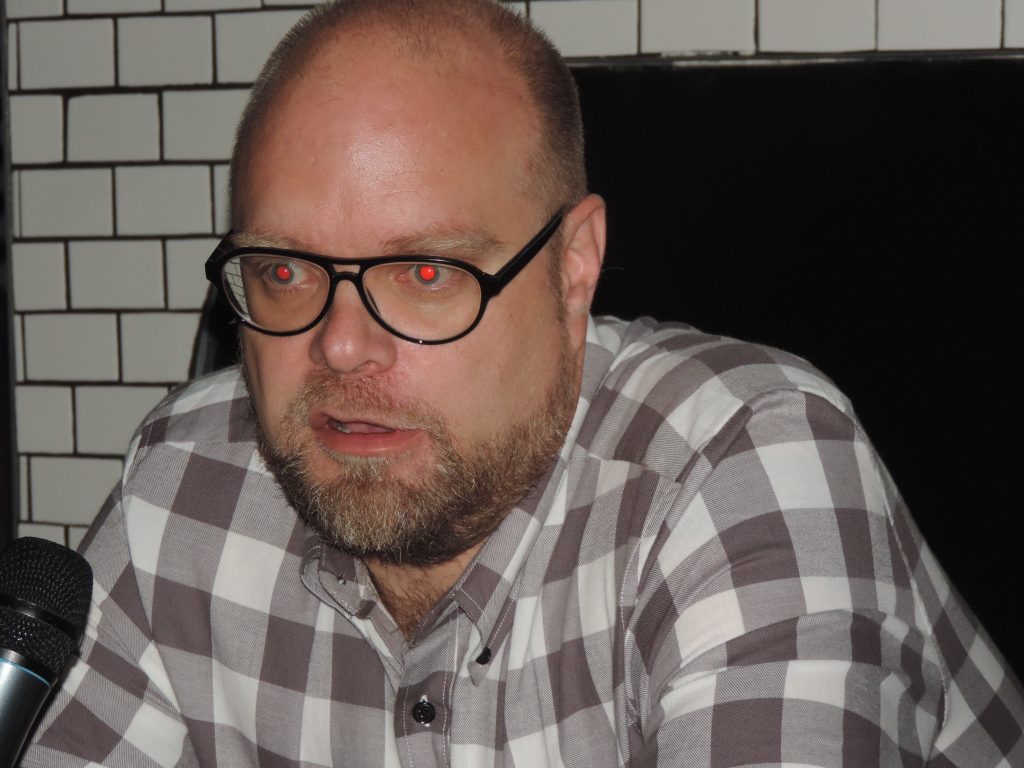
The last panel consisted of Ryan Thomson, manager at Velocity Entertainment Partners. He works mainly with actors. “My clients who span all ages work as hard as I do by networking and getting to know people. Everyone is committed to their careers.” Among those he represents is Finn Wolfhard of Stranger Things and IT. He advised those in the room not to sit around waiting for the phone to ring but to “be proactive by taking classes, improving your skills, and expanding your abilities.”
Sponsors for the event included The Film Empire, W8S Films, Stratascorp, American Foundation for Suicide Prevention, and Erman Baradi’s Ermantouage – “a cultivator of creative consciousness.” Erman is also the co-founder of The Film Empire which holds mentorship contests for writers and filmmakers.
Established in 1987, the American Foundation for Suicide Prevention is a voluntary health organization that gives those affected by suicide a nationwide community empowered by research, education, and advocacy to act against this leading cause of death. They have walks to support and raise funds for their research.
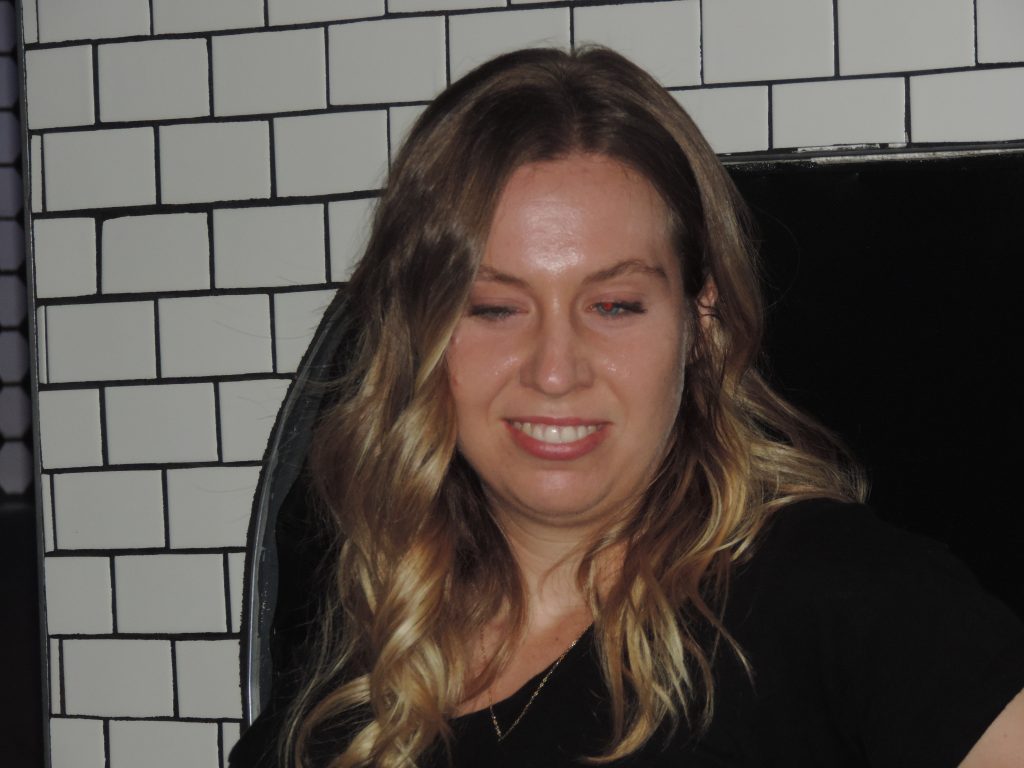
Being from Virginia, across the other side of the country from LA, Erman understands the hardships writers and actors face when it comes to not knowing any industry people. He feels his role is to keep people from feeling lost and to be a resource for them. “Many people call and ask me for help and advice and I do the best to introduce people around at my events. When my own career takes off, I want to be able to call some of the event attendees and tell them that I have a job for you. It’s about making this a win-win situation.”
I wanted to connect others while connecting myself. If someone breaks through because of my events it’s still special to me.”
Upcoming for Ermantourage members is a series of benefit seminars featuring such groups as Fuck Cancer – a nonprofit charity registered both in US and Canada dedicated to the research, early detection and emotional support as well as guidance for those with the disease. Mark on your calendar October 12th at Industrious west Hollywood and November 16th, at Station 1640. For more details follow Erman on Instagram and Twitter.


Be the first to comment